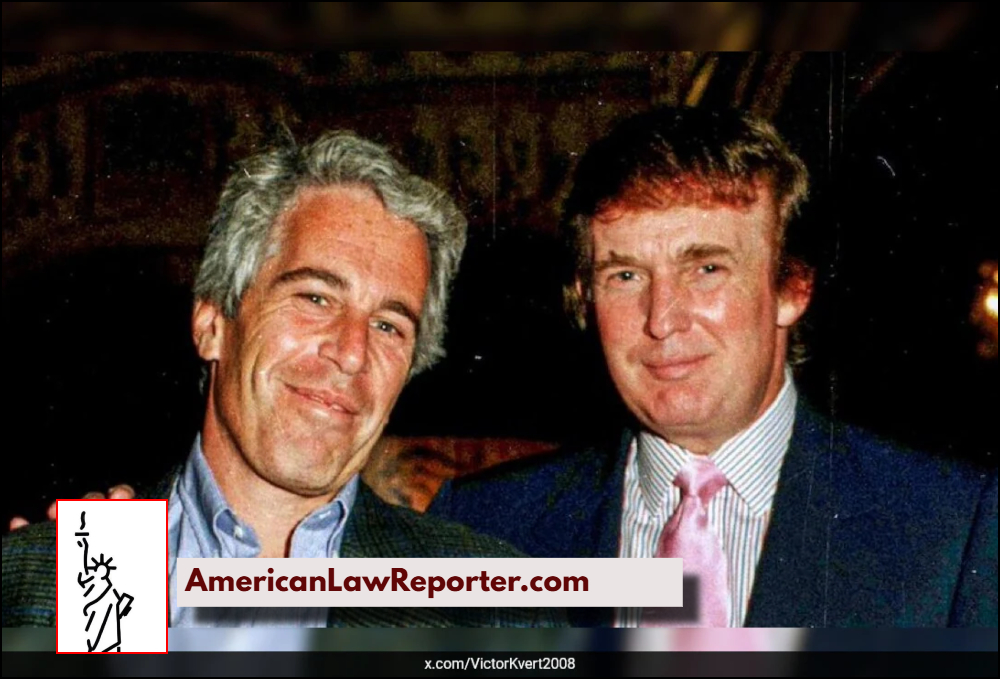A newly detailed Treasury Department file has shed light on the scale of Jeffrey Epstein’s financial network, revealing that former President Donald Trump made 4,725 wire transfers totaling more than $1.1 billion to Epstein, according to investigators who reviewed portions of the file.
The records, described as a “roadmap of leads,” outline thousands of transfers flowing in and out of a single Epstein bank account, with hundreds of millions more traced through additional accounts.
Notably, the file shows Epstein relied on multiple Russian banks — now under international sanctions — to process payments tied to his global sex trafficking operations. Many of the women and girls trafficked came from Russia, Belarus, Turkey, and Turkmenistan, underscoring the international scope of Epstein’s crimes.
Despite the explosive findings, Trump has repeatedly downplayed the relevance of Epstein’s network, recently dismissing renewed interest in the case as a “hoax” and a “scam.”
That position directly contradicts the Treasury documents, which highlight a complex financial web that legal experts argue warrants continued Department of Justice investigation.
Senate Finance Committee investigators, who were granted limited access to the Treasury’s Epstein file last year, noted the sheer scale of suspicious activity.
“That’s over 4,700 potential lines of investigation right there,” one investigator observed, pointing out the extraordinary number of unexplored financial trails.
Critics have pointed out that while Trump campaigned on transparency and pledged to “expose the Epstein files,” his administration, along with then–Attorney General Pam Bondi, repeatedly blocked efforts by congressional committees to obtain the complete records. Requests from lawmakers were met with evasive responses, effectively stonewalling deeper inquiry.
The revelations have reignited calls for Congress to demand full access to Treasury’s Epstein file, with oversight advocates stressing that “following the money” remains critical to uncovering the extent of Epstein’s co-conspirators and facilitators.
Legal scholars note that unexplored wire transfer data could form the backbone of potential money laundering and trafficking prosecutions, as well as broader accountability for Epstein’s enablers.
While the Justice Department under Trump appeared reluctant to pursue these leads, the Biden administration allowed investigators partial review of the file.
However, the complete release has yet to occur. Advocates argue that only full transparency will allow prosecutors, lawmakers, and the public to understand the scale of Epstein’s financial network and its intersections with powerful figures.
For survivors of Epstein’s trafficking ring, the fight for accountability continues.
The Treasury file, now at the center of a renewed push for disclosure, may hold answers to questions that have been buried for too long.

